Hand over
Then he will hand it over to me.
Handover of cool breeze
Handover of the street corner
There is a smell of grilled corn in the air.
He will not hand over the hard days
The frost at night flies cold on people's faces
The earth shook, the village was in chaos.
The lights were dim, and drizzle was falling.
He handed over January grapefruit scent
Green spring grass underfoot
Handing over the sun-drenched faces
Love is everywhere on this earth.
He just handed over a little sadness
A little sad, a little lonely
The poem firmly believes in being that person.
He also handed it over to me.
VU QUAN PHUONG
The poem "Handover" by poet Vu Quan Phuong is a heartfelt conversation between a grandfather and his grandson, two different generations. Deep within it is a philosophy of life, a process of transferring memories, beliefs and human values from the past to the future.
The poem begins with a simple but powerful statement. It is not a farewell, nor a stern admonition. It is a promise to “hand over”, meaning not now, but he will definitely do it. That is the time for the previous generation, those who have experienced war and hardship, who have preserved every inch of their homeland, to hand over the “torch” of faith to the next generation.
The handover here does not mean administrative, nor is it simply a material transfer, but rather a continuation of memories, spirit, and national identity. His generation has gone through years in which every wind carried the fate of the country. Therefore, what he passed on was not only memories but also a journey of survival, preserving the homeland and country intact for his grandchildren.
"Handover of cool breeze
Handover of the street corner
There is a smell of grilled corn flying around. ”
Three consecutive images, cool breeze, street corner, grilled corn, have painted a poetic space of an autumn afternoon. Cool breeze is a signal of the change of seasons, the old season has not completely passed, the new season has not fully arrived. It is also the moment of transition, the most beautiful time of the year. Therefore, the first thing he “hands over” is not something great but small, familiar things where each generation finds itself.
The street corner smells of grilled corn, not only the smell but also the memory. That memory not only evokes nostalgia but also reminds us of peace, of the simple values of life.
“You will not hand over the hard days
The frost at night flies cold on people's faces
The earth shook, the village was in chaos.
The lights are dim, the rain is falling.
The next four verses are a brief but haunting reminder of those difficult years. Without needing to tell a long story, just through simple images such as frost on the face, shaking ground, dim lights, and drizzling rain, the poet has depicted a fierce period that the grandfather experienced. He did not hand over those things to his grandchildren not because he wanted to deny the past but because that was the part that he had lived through, endured, and overcome. He did not want the next generation to suffer, but he wanted to pass on peace and kindness.
"He handed over January grapefruit scent
Green spring grass underfoot
Handing over the sun-drenched faces
"So much love on this earth".
If the above passage is a memory of hardship, then this passage is a song about life, about spring and about people. The scent of grapefruit in January is a fragrant symbol of spring, of vitality. “Green spring grass under the shoes” is a cinematic image, both earthly and soaring. Under the feet is the earth, the grass, the growth, above the head is the blue sky of hope.
What is special here is that he not only handed over nature but also “sun-drenched human faces”. These are faces that have sweated and gone through hardships, but are still radiant because of the sunlight and love. He believes that people, with their love and kindness, are the most valuable assets that the previous generation can pass on to the next generation.
“He just handed over a little sadness
A little sad, a little lonely
The poem firmly believes in being that person.
He also handed it over to me.
This is probably the poem that makes the reader feel the most emotions. Because it touches the deepest part of the human heart where we hide sadness. He does not hide all the sadness. On the contrary, he "hands over a little", enough for me to understand that, human life is not only about joy but also about quiet, sad, lonely moments.
“The poem that keeps you grounded as a human being” is a truth of life. That poem is not just for reading, but for guiding the way. It is a small light but enough to warm the heart in difficult times of life. When he hands over that poem, it means he puts a map of life in his grandson’s hands with the hope that he will live a decent life and walk steadily on the path of being a human being.
“Handover” has no climax, no drama. Each line of poetry is gentle and slow like a confession. But it is that slowness that makes the poem profound. Poet Vu Quan Phuong wrote from his life experiences.
The poet clearly understood that the most valuable thing a generation can give back is not money but faith in people, in life, in kindness. He gave it back in the simplest way through a poem.
Closing “Handover”, the reader cannot help but feel his heart warm. This poem is a gentle yet profound message to live so that later, when looking back, we can also hand over to our children and grandchildren the most beautiful and sincere things in life.
LAM OANHSource: https://baohaiduong.vn/loi-nhan-nhu-giau-triet-ly-nhan-sinh-412050.html



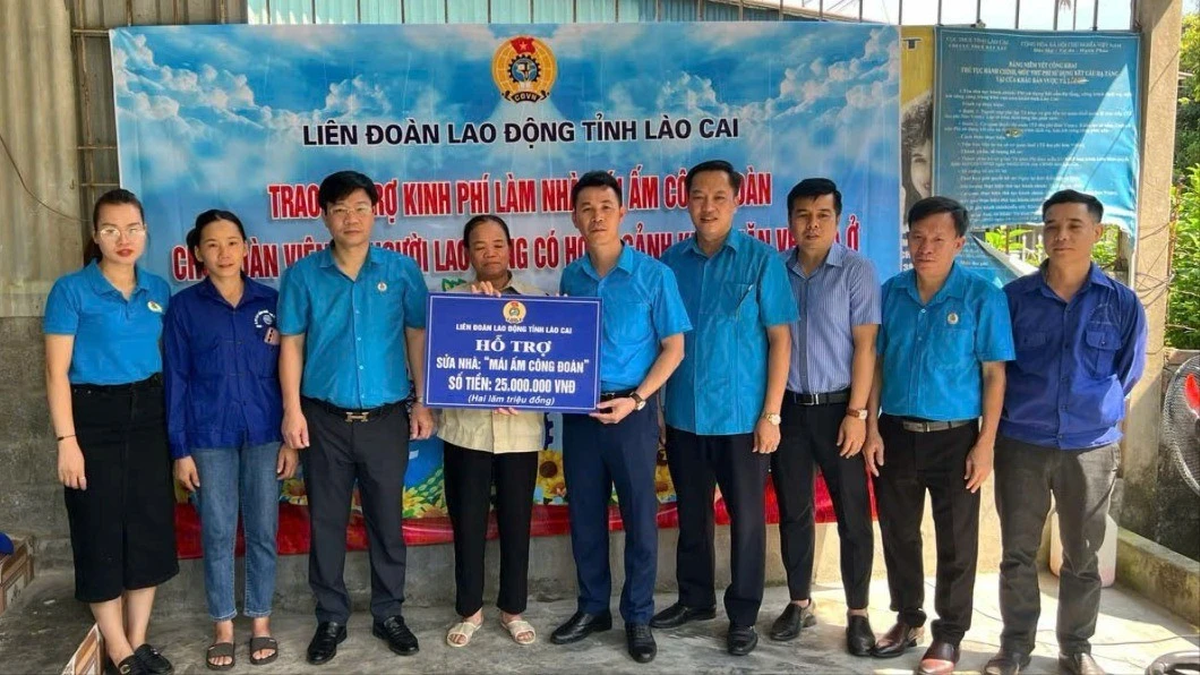


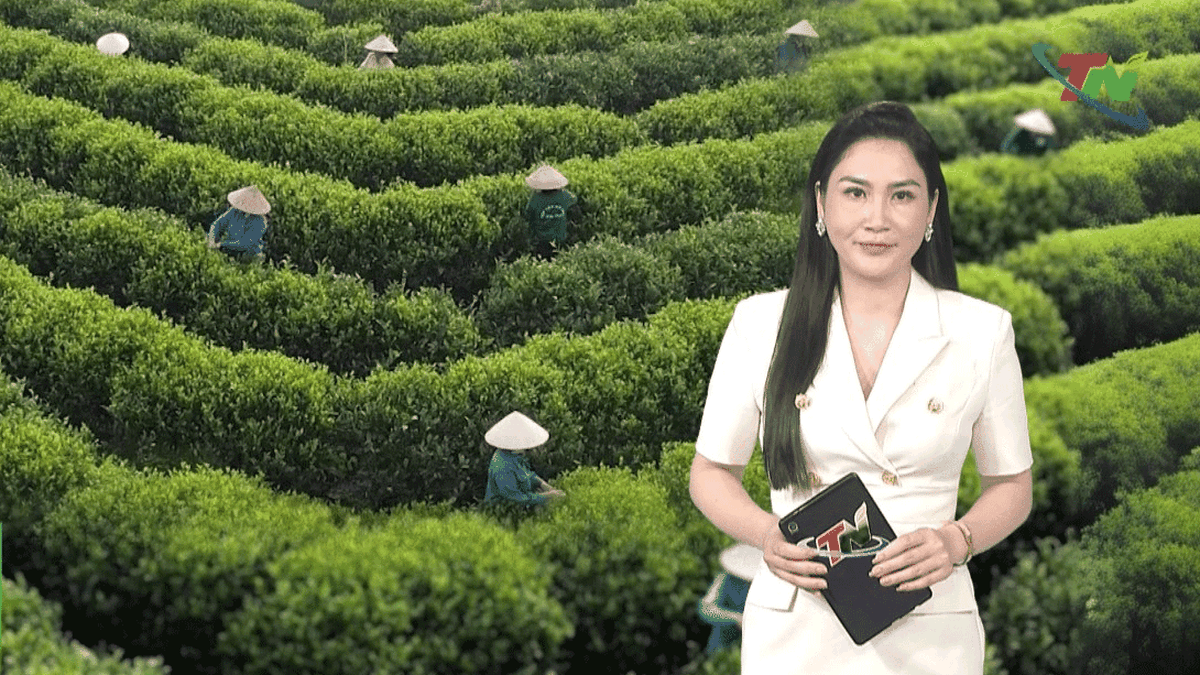



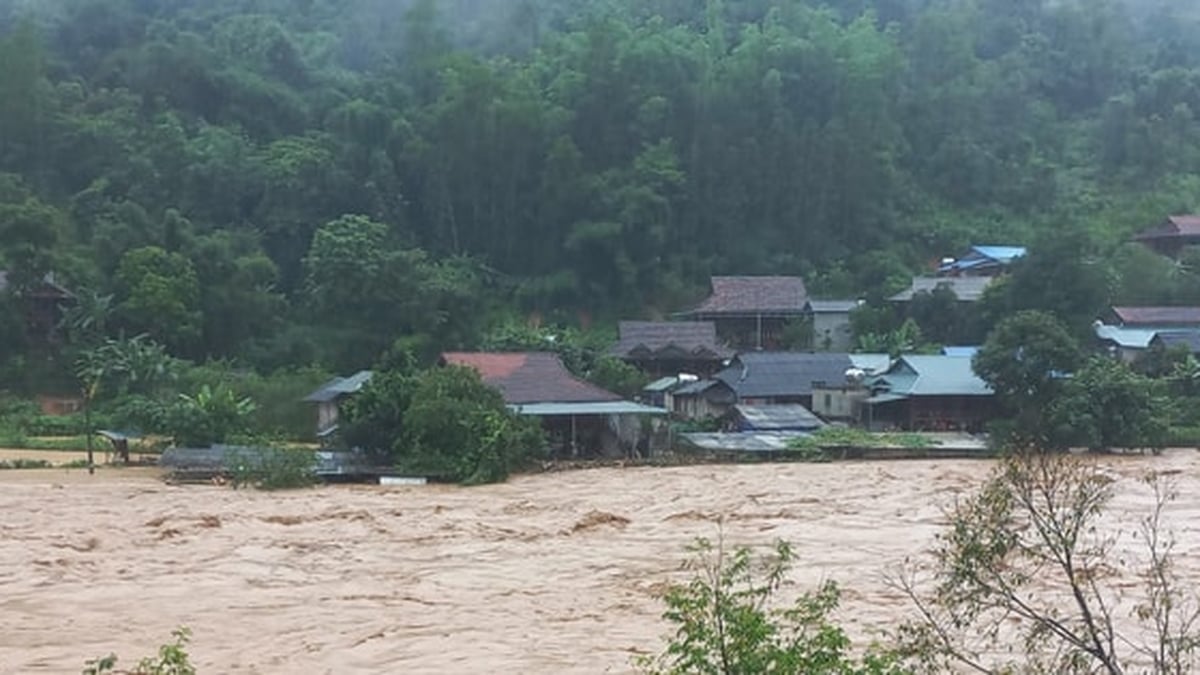



























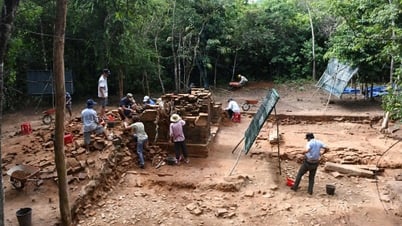














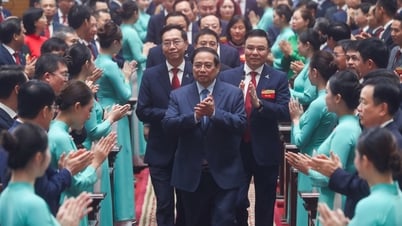










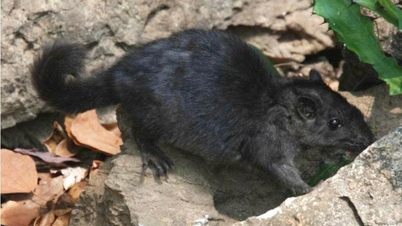

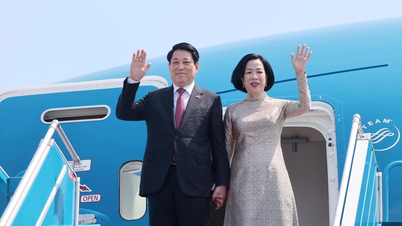
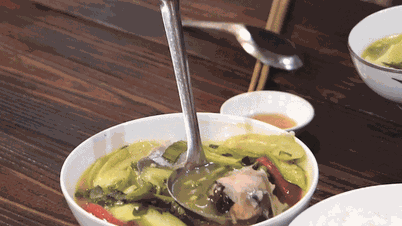


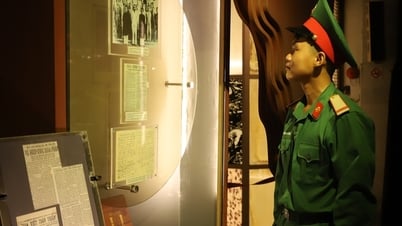

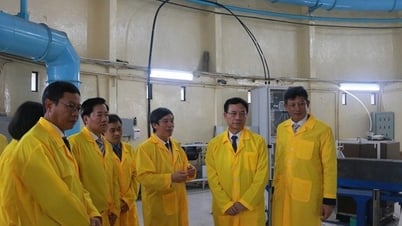



























Comment (0)